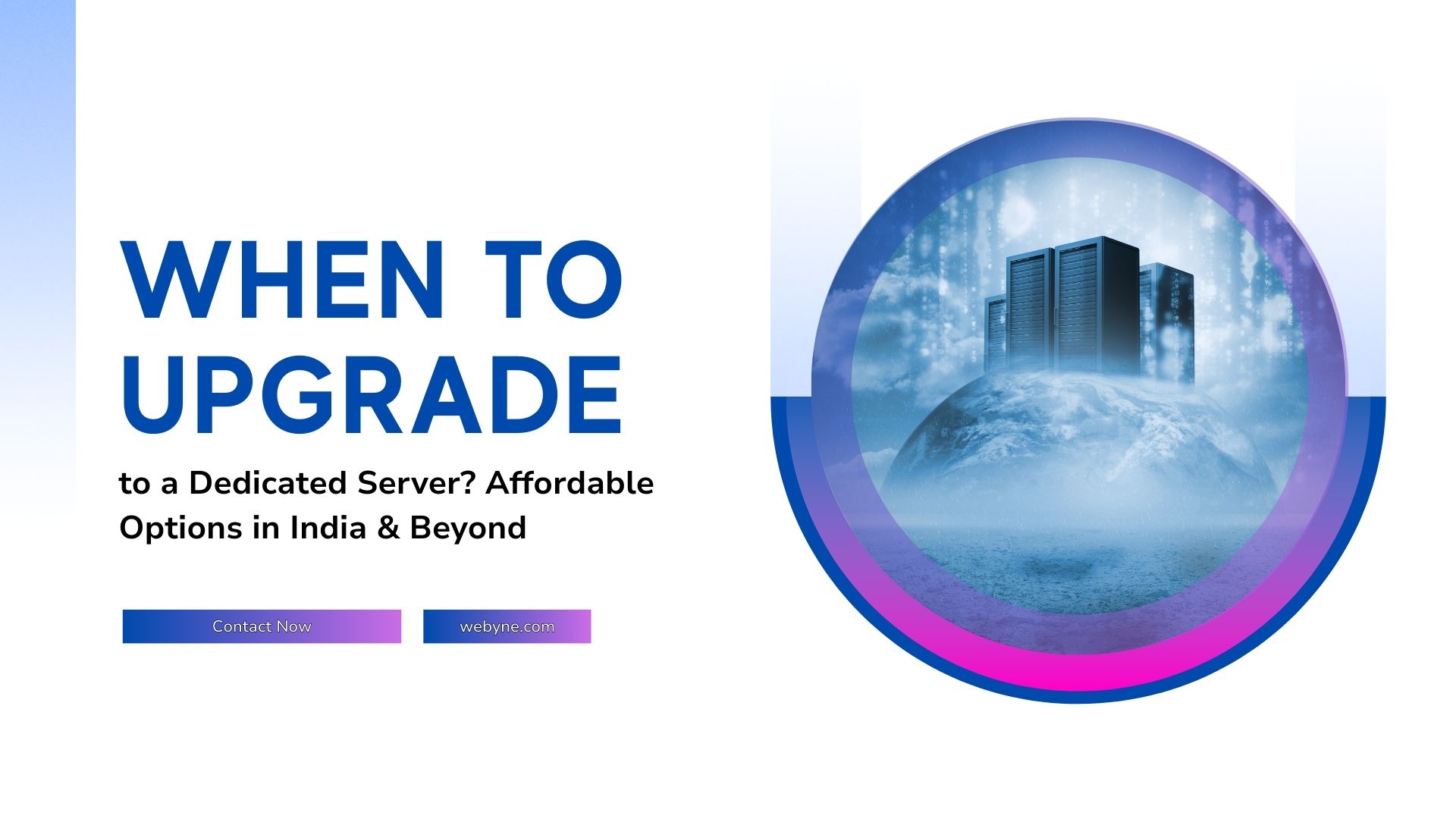
In a landmark move aimed at curbing pollution and ensuring safer commutes for schoolchildren, the Delhi government has introduced 24 new electric school buses to its fleet. This development, now featuring prominently in Breaking News across the nation, highlights the capital city’s ongoing commitment to building a greener, healthier, and more sustainable future.
A Breath of Fresh Air for the Capital
Delhi has long struggled with air pollution, frequently topping the charts of the world’s most polluted cities. Introducing electric school buses is part of the city’s broader strategy to reduce vehicular emissions. Unlike diesel-powered buses, electric buses produce zero tailpipe emissions, significantly cutting down on harmful pollutants such as nitrogen oxides and particulate matter.
Environmentalists have hailed the step as a forward-thinking initiative, one that could serve as a model for other Indian cities facing similar challenges.
Student Safety Comes First
Beyond environmental benefits, the initiative is also centered on student safety. The newly added buses are equipped with:
- GPS tracking systems for real-time monitoring.
- CCTV cameras to ensure onboard security.
- Comfortable seating and safety harnesses designed for young passengers.
- Low noise levels, reducing stress during travel.
Parents and educators have welcomed the move, calling it a win-win for both safety and sustainability—a sentiment that has quickly made its way into national live news discussions.
Why This Matters Now
The timing of the rollout is crucial. With rising public health concerns, particularly regarding children’s exposure to air pollution, the government is under pressure to act. By prioritizing students in the first phase of electric mobility adoption, Delhi is sending a strong message: protecting future generations comes first.
This story is not just about buses—it is about reshaping the urban ecosystem. Transportation contributes nearly 25% of Delhi’s overall emissions. A shift to electric mobility could help the city meet its climate goals while easing the health burden on its residents.
Public Reactions and Industry Impact
The news has already become a talking point in breaking national headlines. Parents, environmental activists, and educators have praised the move, while industry experts suggest that this could accelerate demand for electric vehicles (EVs) across India.
For the auto industry, this initiative signals growing opportunities in the EV space, especially in the public transport and school commute segment. Companies specializing in EV technology, charging infrastructure, and green energy are expected to benefit.
What Comes Next?
The introduction of 24 buses is only the beginning. Delhi’s long-term mobility plan includes:
- Scaling up the fleet of electric buses in both schools and public transport.
- Expanding charging infrastructure across the city.
- Offering subsidies and incentives to private schools for adopting electric buses.
- Integrating renewable energy sources to power the EV fleet sustainably.
If executed effectively, this plan could place Delhi at the forefront of India’s green mobility revolution.
Conclusion
The addition of 24 electric school buses may seem like a modest step, but it represents a significant leap toward cleaner air and safer roads for children. With Delhi setting the precedent, other states may soon follow suit, amplifying the nationwide impact.
As this initiative captures attention in national live news and dominates breaking national headlines, one thing is clear: India is moving steadily toward a greener tomorrow, and the journey is beginning with its youngest citizens.


